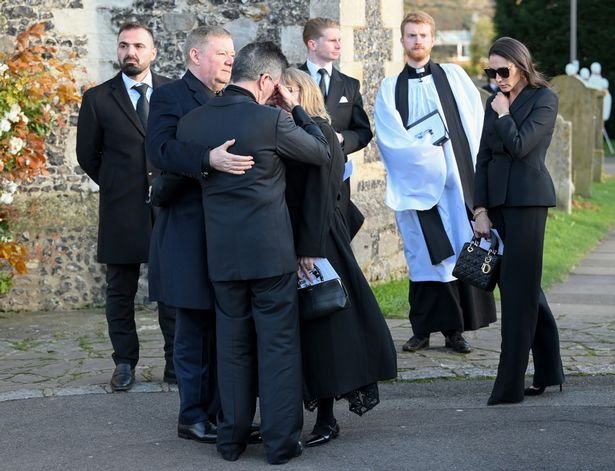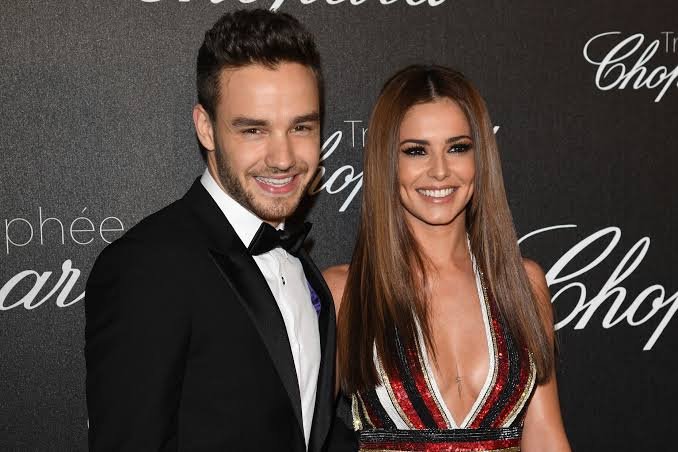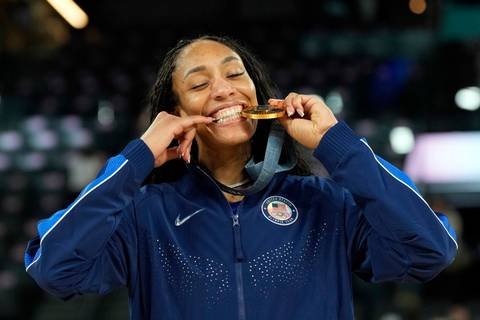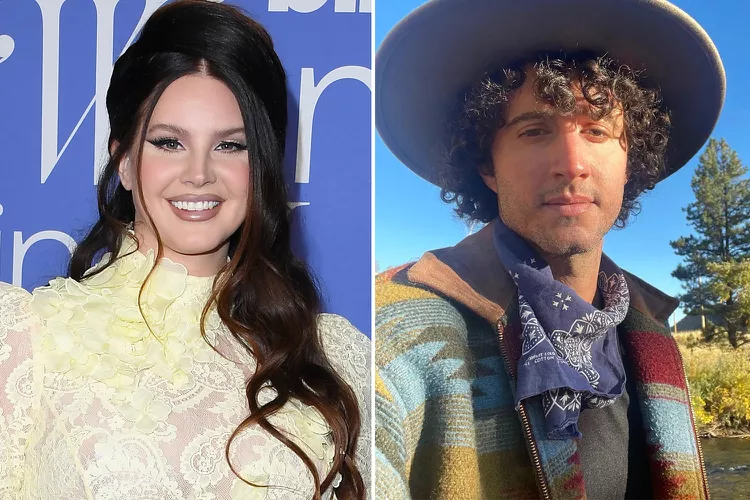
Dan Patrick, the renowned sports radio host, didn’t hold back his criticism of ESPN’s coverage of Sunday night’s playoff game between the New York Knicks and the Indiana Pacers. His grievances centered on what he perceived as an excessive focus on the Knicks to the detriment of impartiality.
During the pre-game show and halftime, ESPN’s on-air personalities, notably Stephen A. Smith, drew significant attention. Patrick highlighted a moment where Smith, akin to a player, was followed by a camera as he arrived at Madison Square Garden. The inclusion of Smith’s arrival, alongside players like Jalen Brunson and Tyrese Haliburton, raised eyebrows and fueled Patrick’s discontent.
Smith’s involvement didn’t end there. As the game progressed, he brought director Spike Lee on camera, expressing their shared hopes for a Knicks victory. Additionally, viewers witnessed a passionate pep talk from Smith directed at the Knicks, including a moment where he knocked off Spike Lee’s hat, much to Patrick’s dismay.
Expressing his disappointment on The Dan Patrick Show, Patrick emphasized feeling “embarrassed” for ESPN, where he once worked. He criticized what he perceived as a clear bias towards the Knicks, even at the expense of fair coverage of the game. Patrick underscored the importance of impartiality in sports journalism, asserting that while the Pacers might not boast the same star power as the Knicks, they still deserved equitable coverage.
Patrick’s critique extended beyond the game itself; he questioned the need for ESPN to prioritize personalities like Stephen A. Smith over the essence of the sport. He urged for a return to journalistic integrity, emphasizing that ESPN’s allegiance should lie with fair and balanced coverage rather than pandering to specific teams or narratives.
In conclusion, Patrick’s remarks serve as a poignant reminder of the responsibilities inherent in sports broadcasting. His call for impartiality resonates not only with fans but with all stakeholders invested in the integrity of sports journalism. As the debate surrounding ESPN’s coverage continues, Patrick’s words stand as a beacon for the importance of unbiased reporting in the world of sports media.







